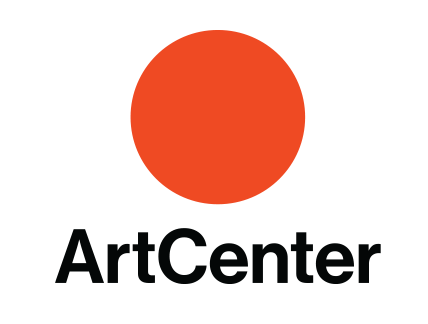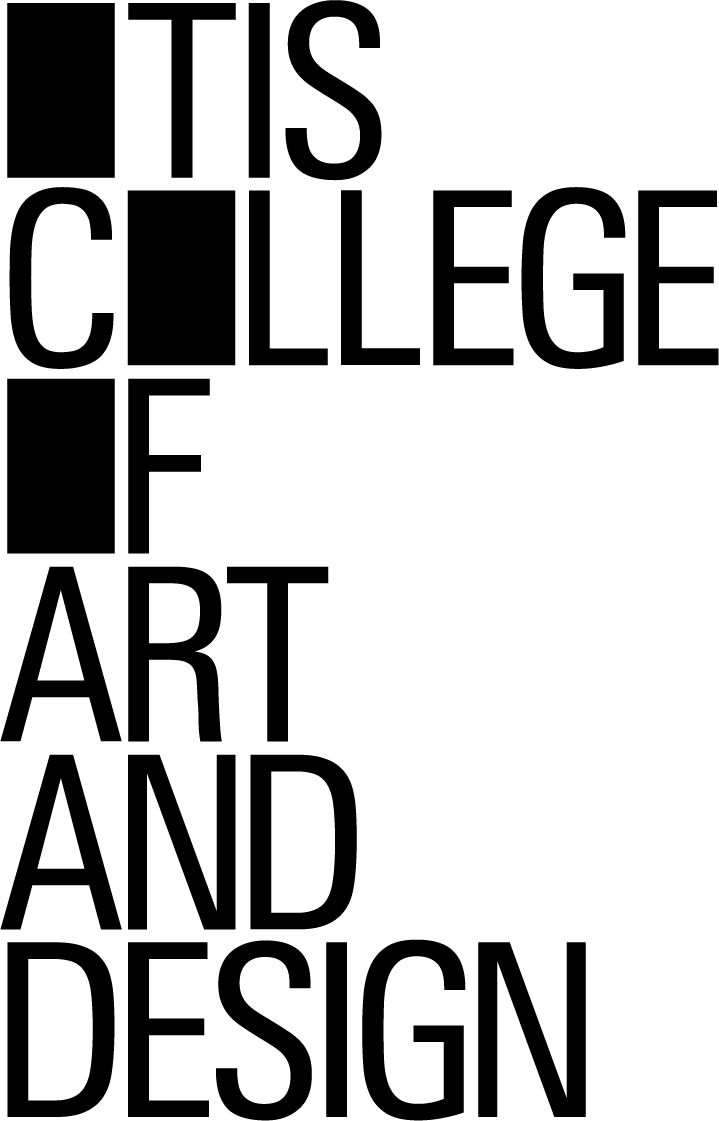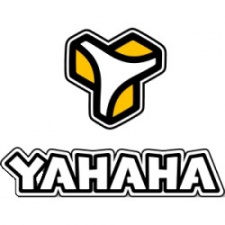Game Mechanics Vs. Game Features
 One of my Game Production students recently asked me to explain to him the difference between a game mechanic and a game feature. Like many terms used by gamers and game developers, these two do not have industry-wide, universally-accepted definitions, and so I had to explain them according to how I use the terms. However, I think that most people in the game industry uses them fairly much in the same way, and so I am comfortable with the following explanation that I gave to my student.
One of my Game Production students recently asked me to explain to him the difference between a game mechanic and a game feature. Like many terms used by gamers and game developers, these two do not have industry-wide, universally-accepted definitions, and so I had to explain them according to how I use the terms. However, I think that most people in the game industry uses them fairly much in the same way, and so I am comfortable with the following explanation that I gave to my student.
To me, a game mechanic is an action that the player can perform in the game, along with the action’s:
- cue (situation motivating player to perform the action)
- resources or other requirements needed to perform the action
- reward for performing the action successfully (or penalty for performing it unsuccessfully).
A game’s mechanics comprise the fundamental building blocks of the game’s design, upon which other design elements such as procedures, rules, and goals are added. Many game genre’s are defined by their mechanics: for example, a first-person-shooter involves the mechanics of running and shooting, while a real-time strategy game involves the mechanics of collecting resources, building units, and unit combat.
A game feature is a much broader term. It is any descriptive aspect of a game’s design, art, audio, or technical capabilities, including:
- The game mechanics, or set of related mechanics grouped into systems.
- Inventory items available to player
- Number and types of enemies in the game
- Number of mission and/or levels in the game
- Multiplayer modes
- Music tracks and quality
- Input devices supported
- Game performance metrics
- and so on.
So, game mechanics specifically describe the player’s actions and their impact in the game, while game features is more of a bullet-pointed list used to explain to customers the general overall experience in playing a game.
But again, these are soft terms, so they are not used in a consistent way by everyone working in the industry. When in doubt, ask the person who is using such jargon to explain exactly what he or she means.
Posted on August 6, 2018, in Game Design and tagged game design, game marketing. Bookmark the permalink. 14 Comments.






I always presumed that features are thing you describe to your potential customer and mechanics are things you describe to your programmer
Programmers also need to know what the game’s features are.
Yeah, sorry ^^” Thanks for responding!
Hey, Thank you for this article..!
You’re welcome!
If I understand correctly, things like rolling the dice, taking a card, spinning a wheel, etc. are examples of game mechanics in board games.
Another definition I heard from Lucas Blair … “game mechanics are rules and systems that enable play”
Both definitions describe elements of game mechanics. For me, a game mechanic is a player action that progresses towards a game goal, but that action is governed by rules, and mechanics that produce resources that fuel other mechanics create systems.
Thank you for writing the article!
I’m currently building my first text-based planting game 🙂
Cool! Let me know how it goes!
That was the best explanation I’ve ever heard. Thank you homie
Pingback: Initial GDD Research – The Goblin's Dungeon
Pingback: The legends of runeterra ci/cd pipeline game - TECH MAGAZINE
Pingback: Ramp Car Jumping MOD APK 2022 Unlimited Money All Unlocked
Pingback: Ramp Car Jumping MOD APK 2022 Unlimited Money All Unlocked - MOD APK Android